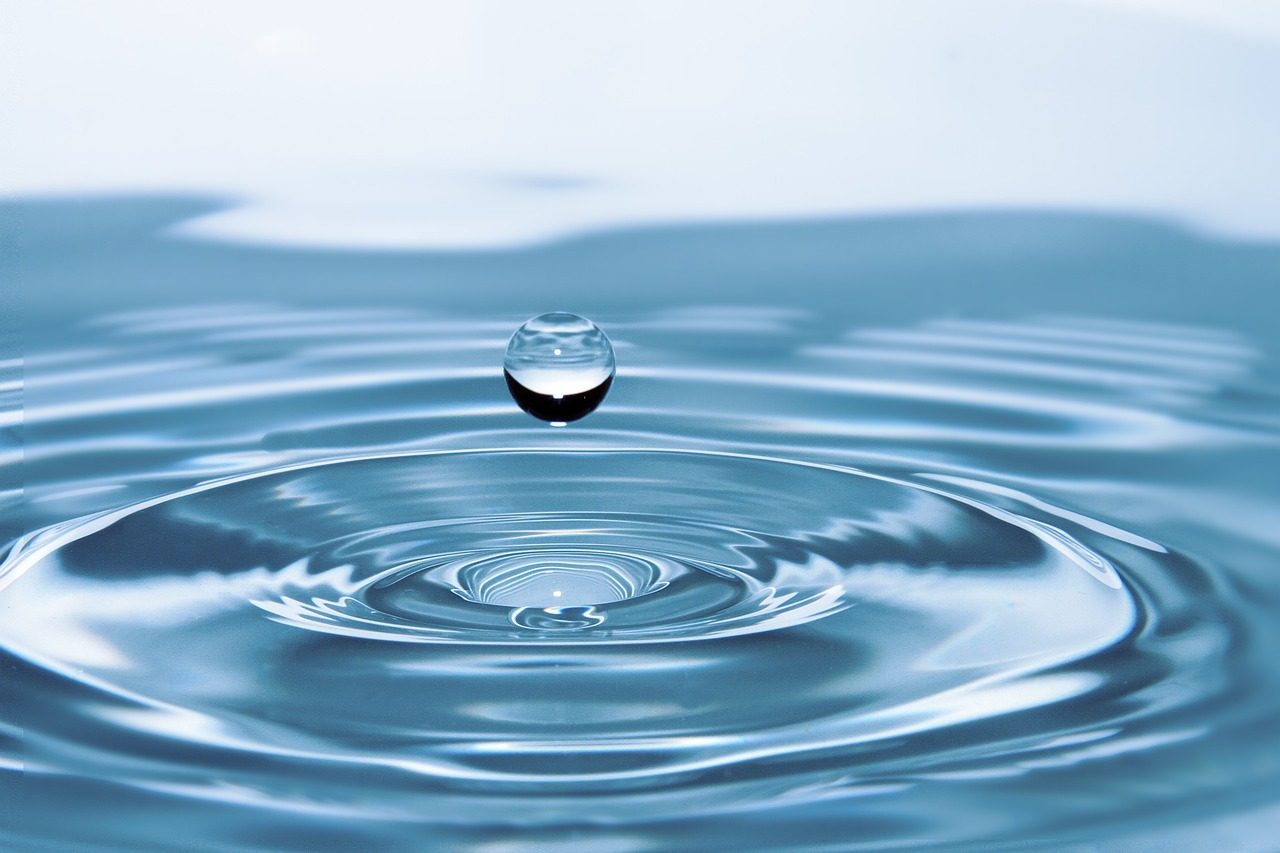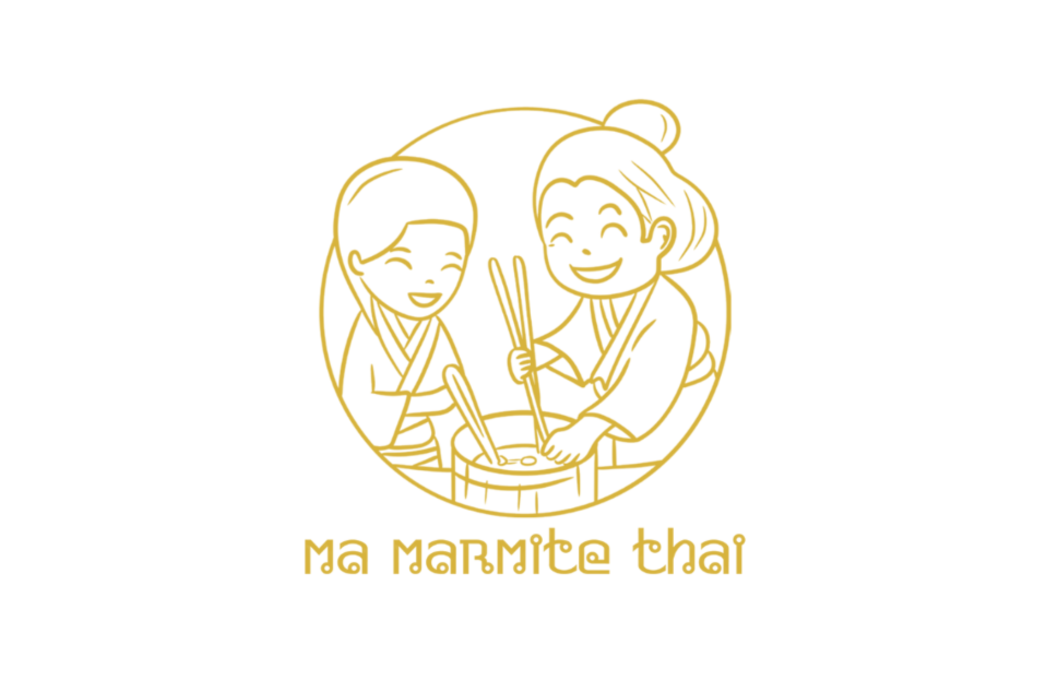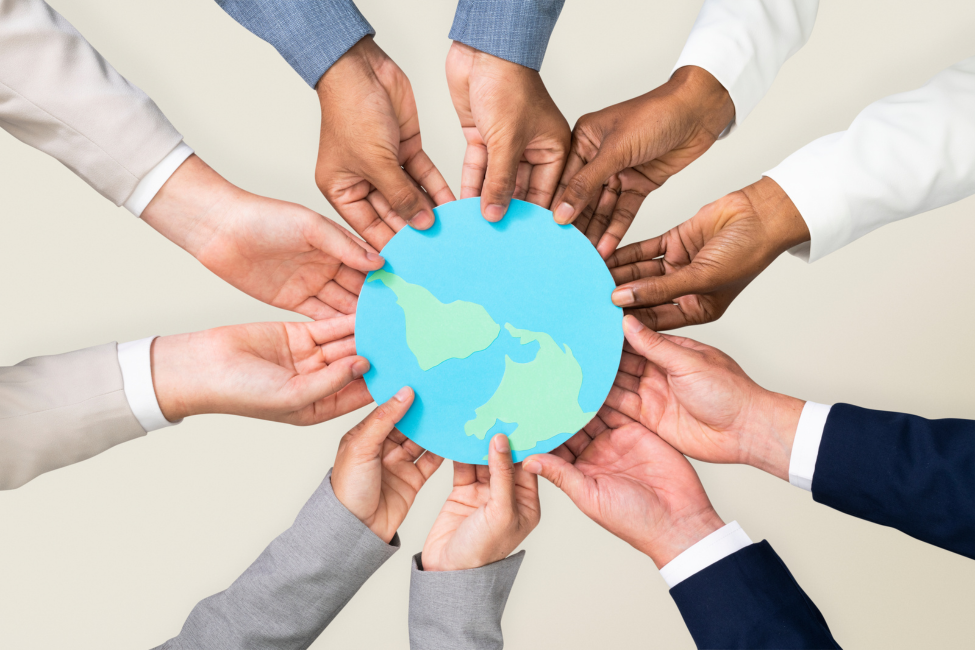Industrial and environmental transition
Publication of the legislative framework for water reuse in the agri-food industry
01
Oct

Published on: 01/10/2024
In March 2023, the French government presented its Water Plan, the main objective of which is to reduce water consumption by 10% by 2030, and to encourage professionals to implement their plans on a sector-by-sector basis.
To achieve this reduction target, one of the opportunities for the food industry is to be able to reuse non-conventional water, for which the lifting of regulatory restrictions was planned as part of the water plan and the "Varenne agricole de l'eau et de l'adaptation au changement climatique" (Agricultural Varennes for water and adaptation to climate change).
Long-awaited for a year, after an initial decree1 authorizing the use of treated wastewater in food production processes, published in January 2024, the rest of the legislative framework for so-called "REUT" practices was published this summer with Decree 2024-769 of July 8, 2024. 2 amending certain points of the January decree and the order of July 8, 2024 3 which specifies the minimum quality requirements for each category of water and each type of food contact. Recycled water must meet strict microbiological and physico-chemical criteria to ensure that it does not adversely affect food safety and consumer health.
A technical instruction should complete these provisions.
These various texts define the waters involved in reuse processes in the food industry:
- Wastewater: all wastewater and other liquid discharges generated by a company in the food sector. It includes discharges from production operations, including cleaning, as well as rainwater and black water when the company is not connected to the public wastewater collection network.
- Clean water: natural, artificial or purified water that does not contain micro-organisms or harmful substances in quantities likely to have a direct or indirect impact on the sanitary quality of the primary product, or on that of products produced from it.
- Reused water :
- Recycled treated wastewater: wastewater generated by a food business that, after initial treatment in a wastewater treatment plant, has undergone further treatment in a treatment unit with a view to its use.
- Recycled water from raw materials: water that was originally a constituent of a food raw material and has been extracted from it during processing by a food company, for subsequent reuse, with or without further treatment.
- Recycled process water: water that has been used in unitary operations and is collected for reuse, with or without additional treatment.
As well as the different possible uses and associated criteria depending on the type of water.
The hazards to be considered must cover :
Quality requirements for reused water (according to Appendix 2 of the Decree of 8/07/24)
The quality of raw water (leaving the WWTP) for the production of recycled treated wastewater must also be subject to hazard identification.
Depending on the type of water a manufacturer wishes to reuse, it will need to submit a declaration file (raw materials water or recycled process water) or an authorization application (recycled treated wastewater) to the relevant authorities.
Regulations governing the reuse of water in the food industry now provide a clearer framework for guaranteeing the safety of food products. It is part of an overall strategy of water sobriety for businesses, which, like the 3Rs strategy for waste, is based on the 3Rs for water:
- Consumption inventory (flow mapping and measurements)
- Reduce water withdrawals and effluent discharges (staff training, implementation of eco-gestures, optimization of unit operations and equipment, optimization of cleaning operations, use of non-conventional water for domestic purposes, etc.).
- Reuseby identifying possible reuse loops between processes, by identifying uses for raw material water, etc.
- RecycleRecycling: by reprocessing wastewater from WWTPs and reintegrating it into the system.
For many years, the CTCPA has been working to improve water management in the agri-food industry. It is a member of the RMT Ecofluides and collaborated for 4 years on the Minimeau project. The CTCPA offers training and support to help you implement your water-saving plans.







